
Metso and sustainability – our agenda is clear
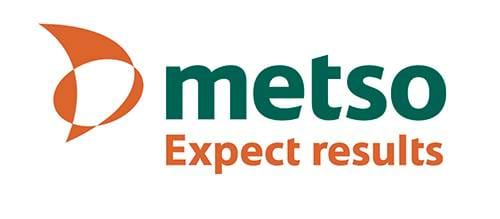
Every year we convene with several stakeholder groups that are interested in finding out how we, a global technology company serving processing industries, define sustainability and how we meet the growing number of demands. Our customers take their license to operate seriously and expect their suppliers to comply with sustainability-related regulations and expectations. Increasingly, investors and other stakeholders are also interested in the topic.
We’ve had so many good discussions with different stakeholders that I’d like to take the opportunity to share two blog posts with you regarding the seven most common questions relating to sustainability. This first blog post focuses on how we at Metso define sustainability and what kind of role the circular economy plays in our offering. In the second blog post we’ll go through topics around sustainability target-setting, measurement and follow-up, and the role of people in achieving the targets.
How does Metso define sustainability and how does it link with Metso’s strategy? Can Metso say it’s a sustainability-driven company?
Based on our sustainability agenda, updated in the spring of 2018, we focus on two areas: being a responsible and trusted partner, and sustainable productivity.
Being a responsible and trusted partner is the core of our brand and the foundation for successful business. It presumes that we ensure the sustainability of our own operations and in the dealings with third parties by meeting the legal requirements and the expectations of different stakeholder groups – and serve as an example in the communities where we operate. Our common Code of Conduct, environmental efficiency of operations, a safe working environment, responsible procurement, and leadership build the foundation for this.
As the importance of environmental efficiency is constantly growing, we must find solutions for our customers to do things more efficiently with less natural resources. The industries we serve are also targeting to reduce their energy and water usage, as well as the amount of waste and emissions. For us, sustainable productivity means improving our customers’ productivity by bringing them solutions that are more sustainable, more efficient, and safer for the environment and people operating the plants.
In short, for us at Metso, sustainability means the implementation of our vision in our everyday business: we work hard every day to be the best choice for our customers for the responsible processing of natural resources and flow control.
How important is sustainability and the circular economy to Metso’s customers and how can Metso help with this?
Without mines, quarries and petrochemical plants, our daily lives and the world around us would look different. We need minerals, metals and other natural resources to enable our standard of living. They are vital to virtually all the consumables and structures we use.
The industries processing raw materials grapple with challenges like climate change and the depletion and degrading of ore grades. They also target to reduce the amount of water used in the process, improve the energy efficiency, and cut down the amount of emissions and waste. Solving sustainability-related challenges is directly linked to the license to operate and business success. And this is where Metso’s technology comes in: our solutions help improve the sustainability of rock and minerals processing, metal and waste recycling, and process industry flow control.
By helping to solve the above-mentioned challenges with our solutions and services, we create value to our customers and stakeholders, including society. A circular economy way of thinking is also important – the recycling of materials, closing the loops, and extending the life-cycle of equipment are some examples of the areas where our knowledge excels. Our energy-efficient mining comminution solutions, like the HRCTM high-pressure grinding technology, LokotrackTM UrbanTM mobile crushers and advanced flow control technology, as well as our metal and waste recycling solutions, are great examples of forward-looking technology that helps overcome sustainability challenges.
How do climate change and the circular economy affect Metso’s innovations?
Climate change and resource scarcity pose challenges to our customers. Helping our customers foresee and tackle these challenges even before they arise is an important element in our innovation process.
As an example, Metso’s Vertimill® grinding mills are globally recognized as some of the most energy-efficient grinding machines. They have been proven to grind more efficiently than horizontal ball mills. Typically, the energy savings ranges from 25% to 35% – and in some cases even 50%. In 2018, approximately 1,482,000 MWh of energy was saved and 652,000 metric tons of carbon dioxide reduced thanks to the use of the Vertimill®.
Environmental loads can also be reduced with several other Metso solutions. Digitalization is also one way to help our customers to further improve their processes and reduce energy consumption, for example.
When it comes to the circular economy, aspects of it have been embedded in Metso’s offering for a long time in the form of market-leading waste and metal recycling equipment, as well as asphalt, construction and demolition waste crushing technology.
Metso equipment is designed to last long. With our expert services and wear parts, we can extend the life-cycle of the equipment; and with process improvements, we can make existing customer processes more efficient.
Today, we have one of the industry’s most advanced ranges of solutions for the recycling of metals, as well as for processing solid waste and by-products. For example, our shredders and auxiliary equipment are used in scrap yards, electronic waste recycling plants and facilities that pre-process waste for the production of alternative fuels.
According to the United Nations, the number of people living in cities could double to 6.5 billion by 2050. To accommodate growing populations, more houses, parks, roads, subways, and other infrastructure, are needed – and they all need suitable construction materials, be it from natural or recycled sources.
At Metso, we have developed an industry-leading manufactured sand production process to help complement and substitute the use of the diminishing and regulated natural sand resources used for construction purposes. Thanks to the excellent quality and shape of the manufactured sand grains, the amount of cement in the concrete mix can be reduced by as much as 15 percent.
Building something new usually means that something old needs to be demolished. It used to be that asphalt and construction waste were simply transported to the nearest landfill for disposal. Today, we have solutions like mobile Lokotrack® plants that can crush and separate bitumen and aggregates for reuse as new asphalt or as fill material for different types of construction projects. At the same time, this innovative technology improves energy efficiency and reduces emissions.


Uzbek gold miner said to eye $20 billion value in dual listing

Peabody–Anglo $3.8B coal deal on the brink after mine fire

A global market based on gold bars shudders on tariff threat

Minera Alamos buys Equinox’s Nevada assets for $115M
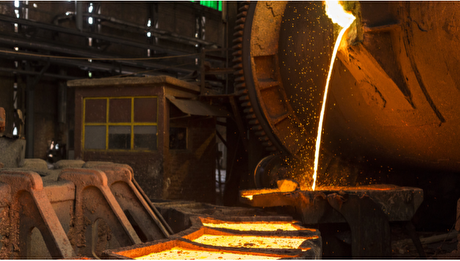
Adani’s new copper smelter in India applies to become LME-listed brand
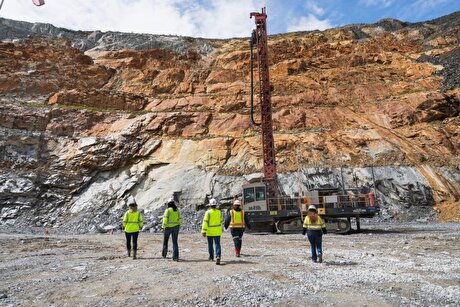
OceanaGold hits new high on strong Q2 results

Trump says gold imports won’t be tariffed in reprieve for market

De Beers strikes first kimberlite field in 30 years
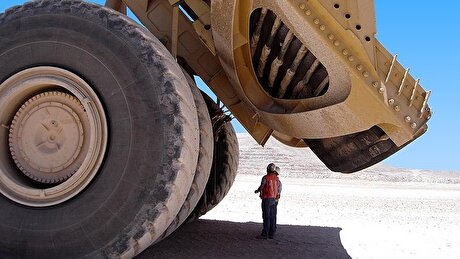
Cochilco maintains copper price forecast for 2025 and 2026
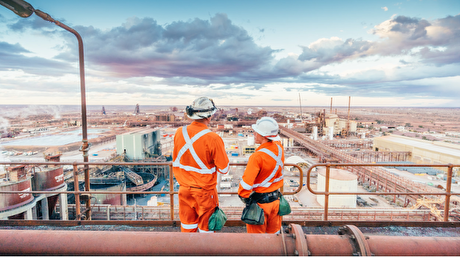
BHP shares near priciest valuation since 2021 on shift to miners

African Rainbow boosts Surge Copper stake to 19.9%
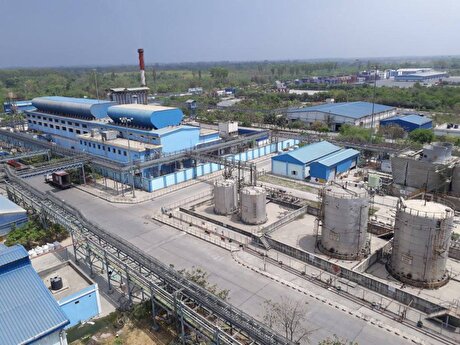
Hindustan Zinc to invest $438 million to build reprocessing plant
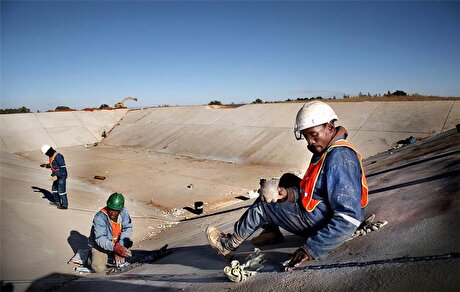
South Africa mining lobby gives draft law feedback with concerns

Wooden church sets off on slow Swedish road trip to escape mining subsidence
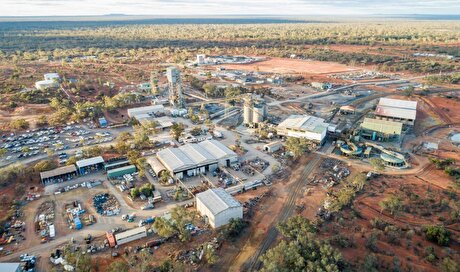
Harmony Gold’s MAC Copper takeover gets regulatory nod
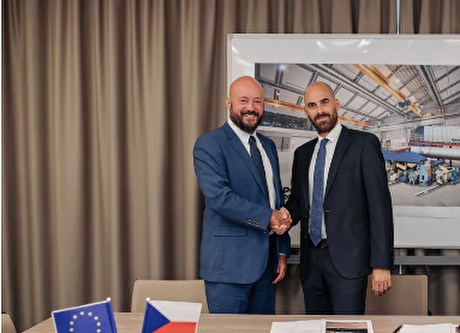
Povrly Copper Industries orders a breakdown rolling mill for high-quality copper, brass, and bronze strip production
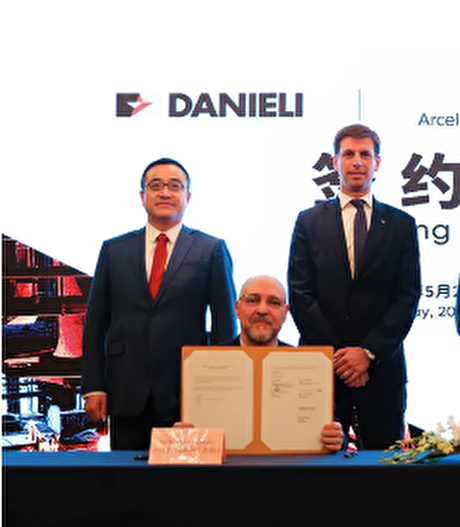
Advanced cold-rolled strip for China’s New Energy Vehicle market
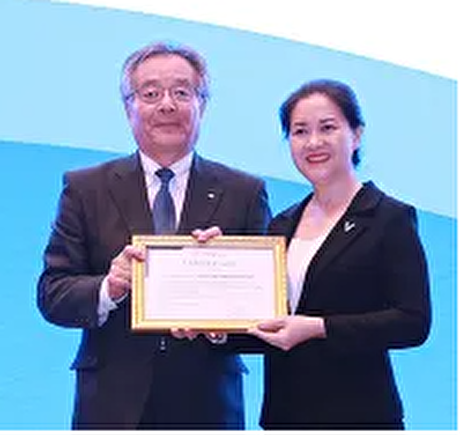
A Danieli greenfield project for competitive, quality rebar production
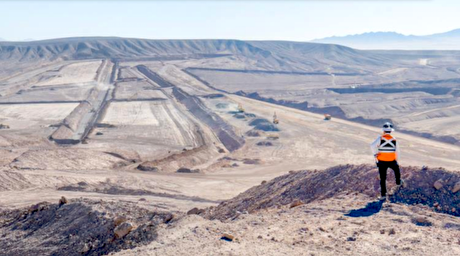
Antofagasta posts biggest profit margins since 2021

BHP shares near priciest valuation since 2021 on shift to miners

African Rainbow boosts Surge Copper stake to 19.9%

Hindustan Zinc to invest $438 million to build reprocessing plant

South Africa mining lobby gives draft law feedback with concerns

Wooden church sets off on slow Swedish road trip to escape mining subsidence

Harmony Gold’s MAC Copper takeover gets regulatory nod

Povrly Copper Industries orders a breakdown rolling mill for high-quality copper, brass, and bronze strip production

Advanced cold-rolled strip for China’s New Energy Vehicle market

A Danieli greenfield project for competitive, quality rebar production














